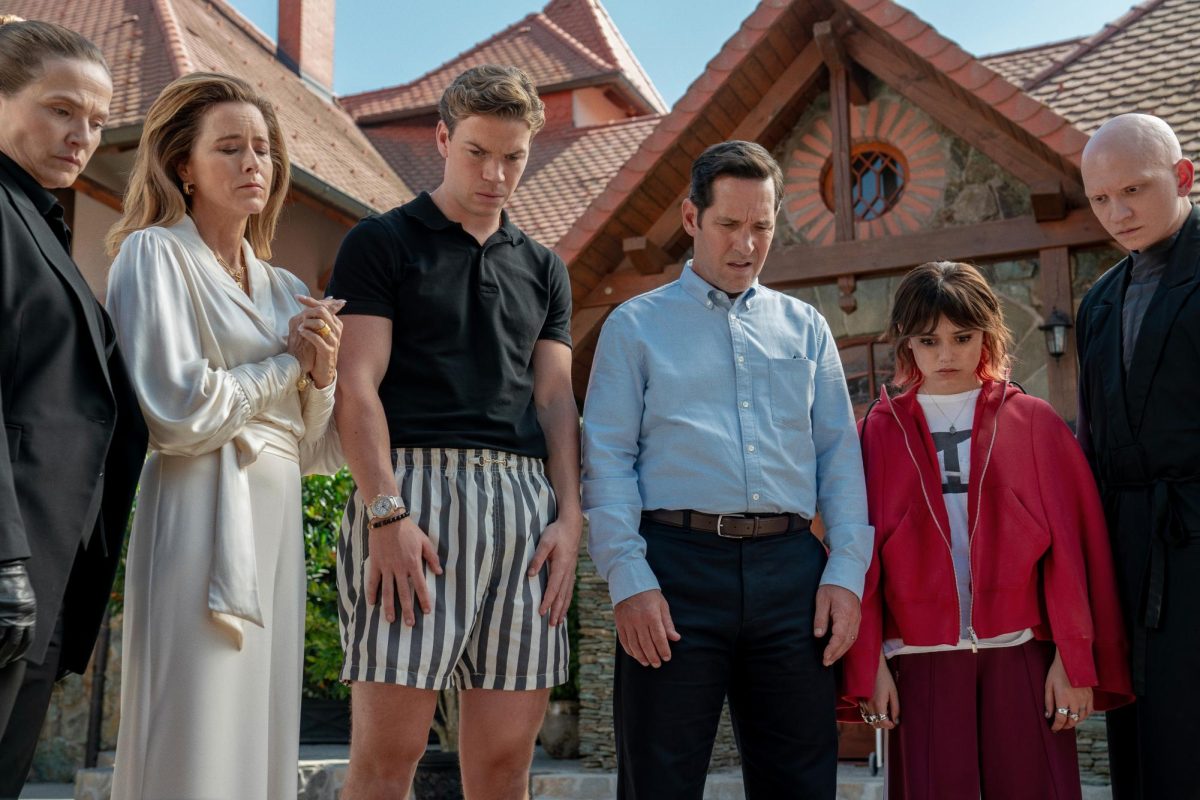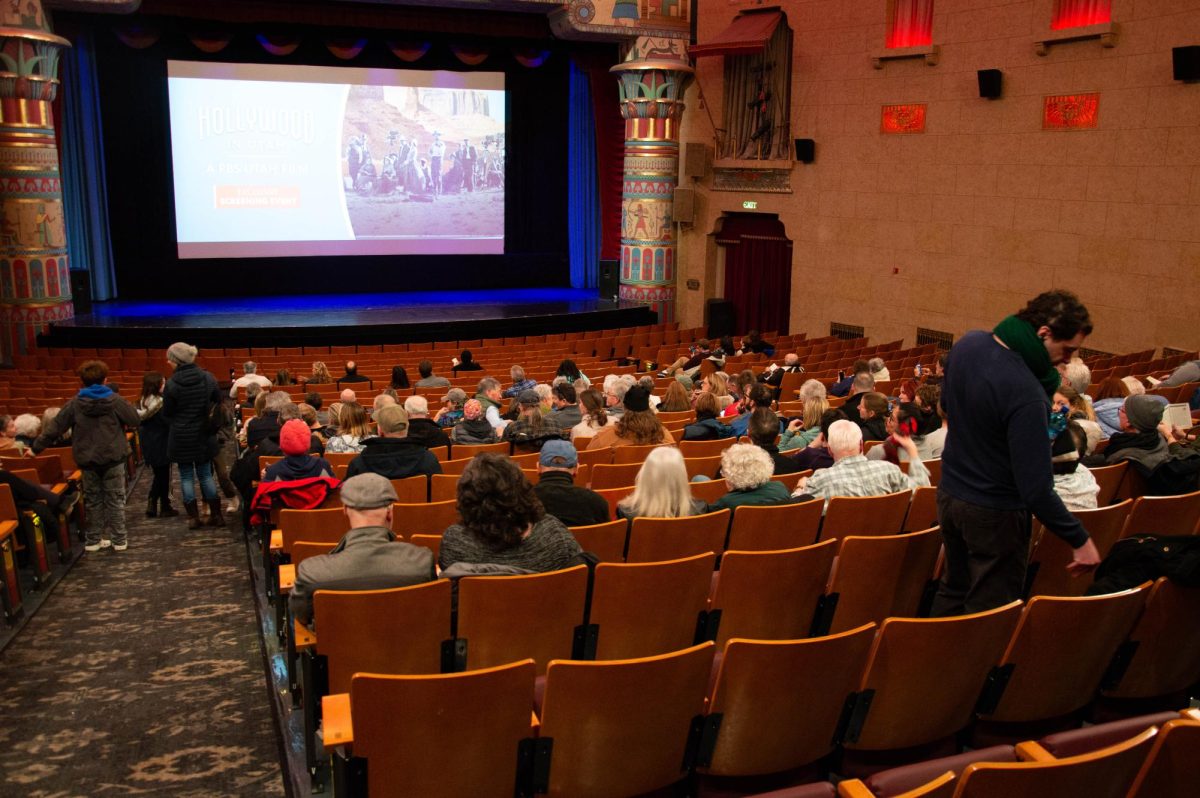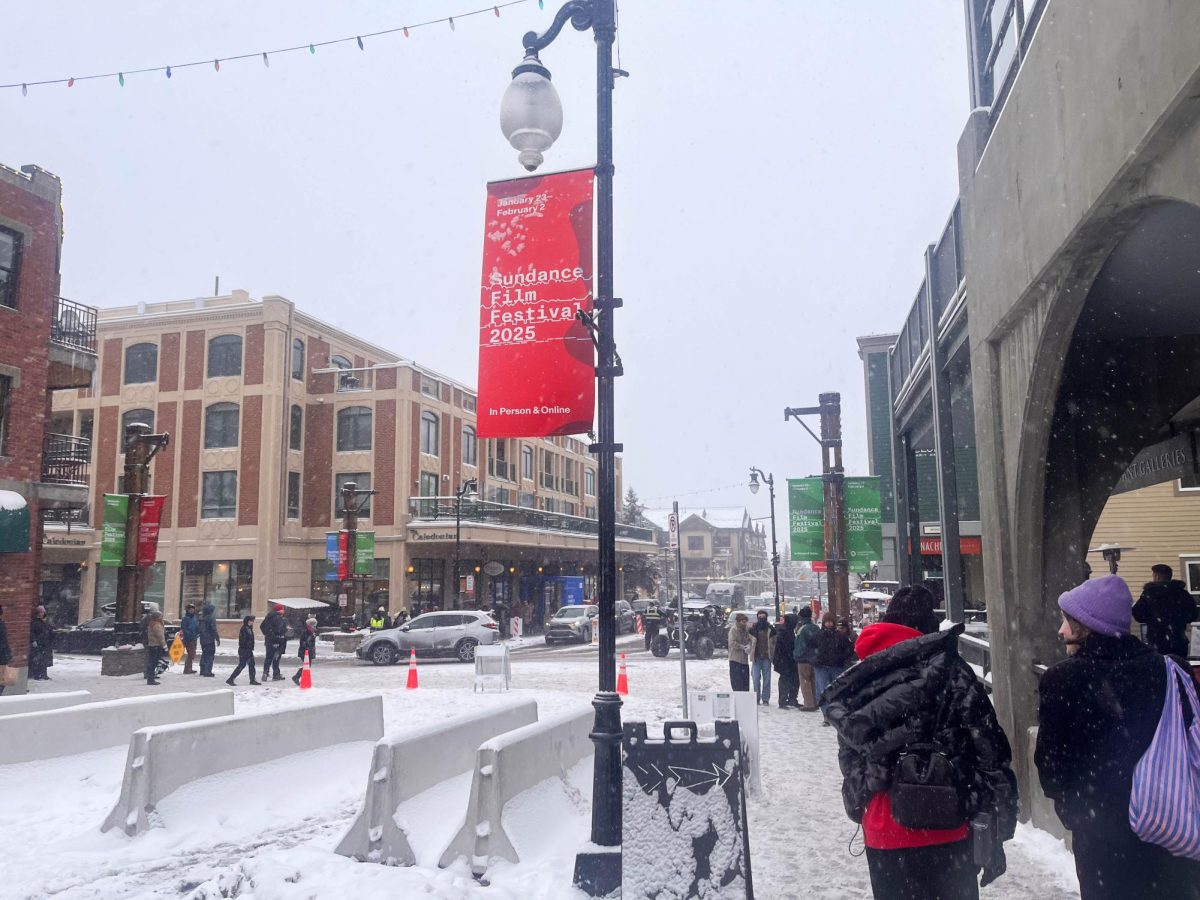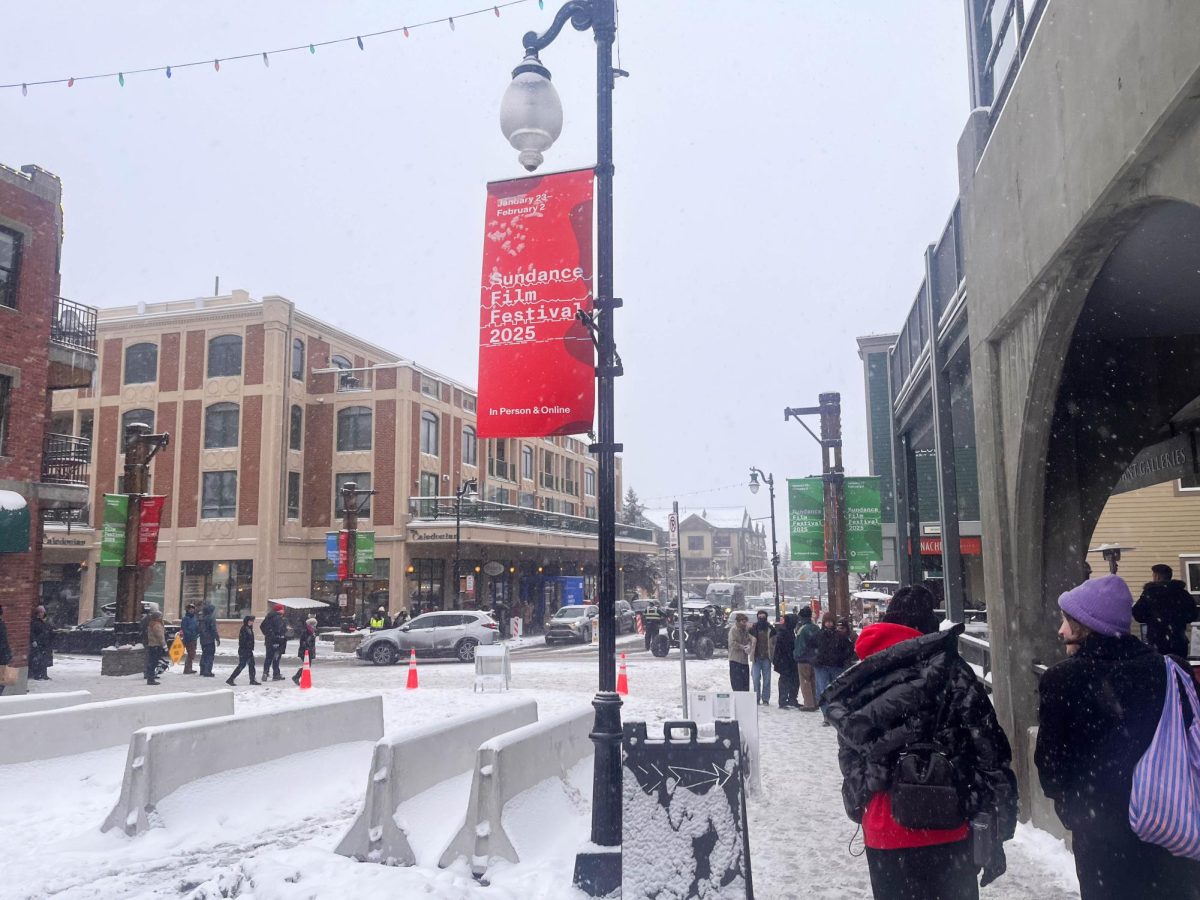
Weber State University kicked off their Asian Film Festival of fall 2011 last Wednesday with the Chinese film
, which translates to “Springtime in a Small Town.”
Greg Lewis, a WSU history professor and coordinator of the Asian studies minor, has returned from spending an entire year in China and has now organized a new cultural film festival on campus.
Lewis has hosted other film festivals since 1999. In 2005, WSU sponsored the 50 Greatest Chinese Films festival. This festival included 50 famous Chinese films played over several semesters at different schools and universities, including WSU.
“Films are a universal medium,” Lewis said. “These films represent Asian culture and history.”
The film festival’s theme for this semester is “Great Chinese Directors and Their Signature Films.” Each free showing will feature a significant Chinese film that made a name for its director amidst the time period surrounding it. The films are shown in chronological order and follow the time period of 1948-94.
The plot of Springtime in a Small Town, first shown in 1948, involves a young woman living in a small and decaying town with her small family, which consists of her sickly husband, his 16-year-old sister and one servant. The woman has become void of passion in her life because of her duties to her husband. One day a doct0r, who is an old school friend of her husband’s, comes to stay as a house guest, but he also happens to be her childhood sweetheart whom she hasn’t seen for eight years and hasn’t been able to forget. The love triangle that ensues is the woman’s conflicting passion for her ex-lover and her duty to her husband.
However, in a pre-movie introduction, Lewis explained that behind the romantic story, the movie is a lot more political then it lets on, considering the time period it was made in and the symbolism the characters possess.
According to Lewis, the sickly husband is supposed to signify the traditional Chinese culture, and the doctor symbolizes America and the lure of its Western culture. The wife, Lewis said, is open to interpretation, but after a post-film discussion by the audience members, some came to agree that “she may have represented the Chinese people and their conflict to remain devoted to the old culture or submit to Western influence. ”
Even though the film is praised by Chinese scholars today, it had been banned by Chinese communists in the 1950s. In the 1930s, China was facing the invasion threat of Japan, so it then inspired what Lewis called a “left-wing film movement” in which patriotism was the main genre.
“What made this film controversial is its perceived lack of patriotism and nationalism,” said Lewis, who went on to express that Springtime in a Small Town is now considered one of the most significant Chinese films of all time.
All of the movies to be shown have Chinese subtitles, which Lewis had a hand in writing during the “50 famous Chinese Films” festival.
“It is hard for us to identify what the Chinese went through,” Lewis said. “But any American that has lived through a war could identify with the sense of loss through that time.”
These films in the past have attracted a mix of students, community members and Chinese audience members. With 100 Chinese students currently attending WSU, these films assist looking into the culture, along with WSU’s Chinese Club, Mandarin Chinese language classes and on-campus celebrations of traditional Chinese holidays, such as the Moon Festival and Chinese New Year.
“I think every culture has its significant effect,” said Lu Zhang, an international student from China, who is beginning her second year at WSU.
Zhang said she believes that, with all the different foreign students on campus, any way to open up the culture trade and avoid conflict is a good idea.
“I can’t stand for my culture, or the country of China,” Zhang said. “So maybe through the movies or those activities, people could learn more about our culture.”
The next film to be shown is the 1954 film Duijiang zhenchaji, which translates to “Reconnaissance Across the Yangzi,” directed by Tang Xiaodan. It will play on Wednesday, Oct. 5, 2011 in the Wildcat Theater at 7 p.m.



















